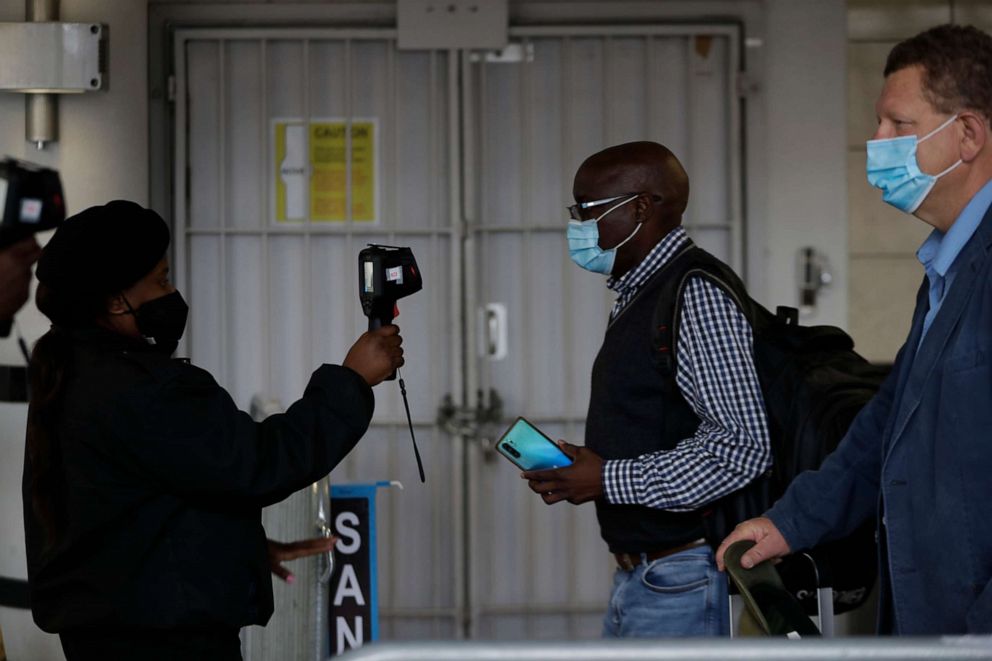UK reports over 14,000 new cases
There were 14,542 new cases of COVID-19 and 76 fatalities confirmed in the United Kingdom over the past 24 hours.
The latest daily tally is just short of the record set over the weekend when Public Health England revealed that 15,841 cases between Sept. 25 and Oct. 2 were not included in the United Kingdom's reported daily case counts due to a technical issue. The unreported cases were added retroactively to reach Saturday's count of 12,872 new case and Sunday's 22,961 -- the country's highest single-day rise yet.

The cumulative total is now at 530,113 cases with 42,445 deaths, according to the latest data from the U.K. government.
The United Kingdom is among a handful of European countries grappling with an uptick in COVID-19 cases, as a second wave of infections hits the region. More than 1,000 students and staff at two U.K. universities -- 583 at the University of Sheffield and 433 at the University of Nottingham -- are currently isolating after testing positive for COVID-19.
ABC News' Christine Theodorou contributed to this report.






